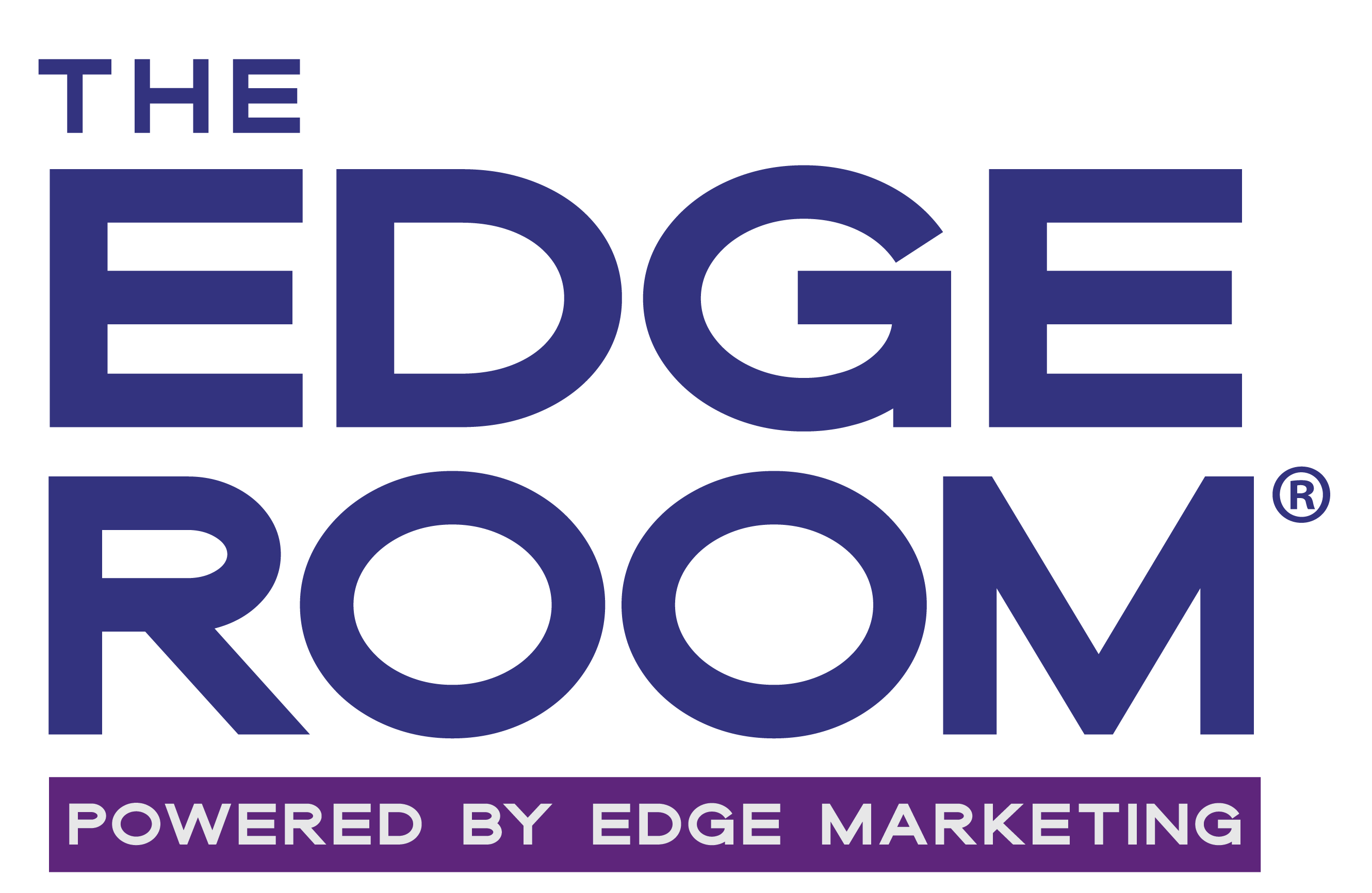For this month’s News with Edge article, Jennifer Marsnik has written about the power of staying authentic in a digitally connected world. Check out this quick clip of Jennifer sharing a brief overview of the article with Amy Juers, and then read on for the full article!
In today’s digitally connected world, we have unparalleled tools at our disposal to connect with target audiences. But with them comes a critical challenge: how to maintain authenticity, human intelligence and personal connection in a landscape increasingly dominated by algorithms, data and automation. Those who can balance these elements will stand out as trusted, empathetic and valuable partners to their clients.
As we witness the continued reshaping of marketing communications, there are ways to leverage technology without sacrificing the human touch that fosters trust and long-term business relationships.
Authenticity as a Differentiator
Authenticity means that brands are honest and transparent, not only in what they offer but in how they offer it. This can be expressed through authentic storytelling, real customer testimonials and even behind-the-scenes content that engages audiences by allowing them to see the people who make up the brand. It can be a powerful aspect of how the brand is perceived, especially when it’s viewed as unique from competitors.
An AI-driven automated email may be effective in reaching someone at a critical moment in the buying cycle, but it can lack the warmth and credibility of a personal message. By emphasizing genuine human interaction—whether in a webinar, a phone call or a LinkedIn post—brands can maintain a sense of authenticity that builds trust with their audience.
Likewise, with the rise of remote work and virtual interactions, the way brands create and nurture personal connections has shifted dramatically. AI can facilitate connections, but it should always serve as a complement to human interaction rather than a substitute. While chatbots and automated platforms are effective for addressing common inquiries and providing initial support, they should allow for seamless escalation to a human representative when needed. By brands maintaining a “human first” mindset, clients can feel seen, heard and understood even in a virtual setting.
Human Intelligence in an Automated World
The value of human intelligence in B2B marketing communications remains irreplaceable, even as AI and automation can enhance efficiency. Algorithms are brilliant at processing data and identifying patterns, but they often lack the nuances and insights that real people bring to the table. Human intelligence is essential for understanding complex buyer motivations, interpreting cultural subtleties and responding to unpredictable changes in market dynamics.
Human intelligence can be leveraged to analyze insights gathered from AI to deliver personalized recommendations that feel genuine and intentional. A predictive analytics tool might suggest which accounts are likely to be interested in a new service based on behavioral data, but it’s up to a skilled marketer to craft a message that resonates with their unique needs and challenges.
When combined effectively, AI-driven insights and human intuition can create an experience that reflects a true understanding of each customer’s business.
Leveraging Data to Personalize Without Losing Humanity
AI and data analytics are powerful tools for understanding audiences and tailoring messaging accordingly. But there is a fine line between personalization that feels meaningful and relevant and personalization that feels invasive or manipulative. To avoid crossing that line, marketers should prioritize value-driven personalization over purely transactional approaches. Rather than using data solely to push products or services, brands can harness insights to provide content that is genuinely useful, educational and relevant to the audience’s needs.
By focusing on adding value, marketers can use data-driven insights to support the buyer’s journey without compromising the human elements of empathy, understanding and respect. Clients are more likely to engage with content that speaks directly to their unique challenges and aspirations, especially when they feel the information is provided with their best interests in mind.
Find a Balanced Strategy for Long-Term Success
Successful communications strategies in the age of AI, automation and remote interactions are those that strike a balance between technology and human-centered approaches. When data-driven aspects of marketing, such as segmentation, lead scoring and predictive analysis, are handled by technology, human marketers are freed up to focus on the more creative, strategic and relationship-building activities that machines cannot replicate.
By combining the scalability and efficiency of tools like AI with the empathy and creativity of human intelligence, marketers can build a resilient strategy that fosters meaningful, long-term relationships with clients. This approach not only helps companies stand out in a crowded digital landscape but also ensures they are seen as valuable partners rather than just vendors.
Authenticity has become a critical differentiator in B2B marketing, one that allows us to communicate openly, share meaningful insights and foster genuine relationships. While technology will continue to play an essential role, it is ultimately the human touch that builds trust and loyalty. Authenticity, empathy and thoughtful use of data are powerful tools in fostering meaningful connections, even in a virtual or automated setting. As we look to the future, the brands that prioritize humanity in their communications will be the ones that succeed in building resilient, mutually beneficial relationships that stand the test of time.
About the Author
With Edge Marketing since 2007, Jennifer Marsnik specializes in helping clients develop and implement strategic plans that support their overall business goals.

